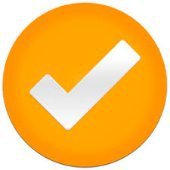Digital certificate trustability
-
Similar Content
-
I need help about certification
By Guest Tina Kanina,
- 1 reply
- 129 views
-
Active Directory LDAPS Certificate
By Guest /u/luky90,
- 0 replies
- 31 views
-
Today's Most Valuable Network Certifications for IT Professionals
By Guest John Edwards, Network Computing,
- 0 replies
- 22 views
-
Are there still Windows Server certifications available?
By Guest /u/lelouch-2022,
- 0 replies
- 22 views
-
Embracing AIOps: Transforming IT Operations in the Digital Age
By Guest Forrester Blog Network,
- 0 replies
- 34 views
-



Recommended Posts